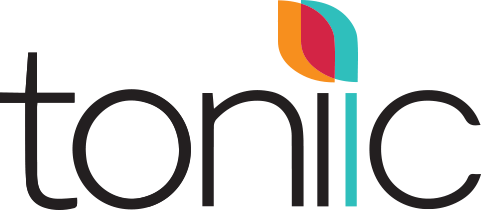François de Borchgrave
Founder & Managing Director, KOIS Invest
It was the early 1980s, and the Solidarnośc trade union strike put Poland in the world’s spotlight. Far away, in Brussels, a nine-year-old boy stood outside of his house, collecting money from his parents’ friends as they arrived for a dinner party. The next day, he skipped school to buy food and ship it to the striking workers.
That’s how de Borchgrave found his calling. He didn’t travel a straight line, though. After that dramatic start, de Borchgrave took a conventional route toward a career in investment. He graduated from Harvard, started an internet business in London, and got involved in private equity.
AN INCONVENIENT AWAKENING
The 2008 financial crisis provided a turning point. De Borchgrave took a sabbatical to reflect and regenerate. He had more time to read and see movies. One was Al Gore’s An Inconvenient Truth, which sparked an idea to combine de Borchgrave’s private equity work with his desire to address social and environmental issues.
He founded the Brussels-based impact investment firm Kois to fund companies in healthcare, education and the environment. Apart from generating returns, he says, “these businesses also need to serve people in need or improve the environment.” The firm made its first impact investment in 2009, in the renewable energy sector.
“Then in 2010, I stumbled upon Toniic,” de Borchgrave says. The community of like-minded investors in Europe moved him to invest all his time and energy into impact investing, since he had trouble finding deals that spoke to him. He believes that the Toniic community helps impact investors find strength in numbers—literally and figuratively.
Toniic is a great place to start your journey on impact investing,” he says. “You can meet many others who either are at the same stage as you are, so you can learn and share together, or are much more advanced, and help you jump start. It is also a community of like-minded people, very authentic, so there’s very little room for green-washing. In my opinion, the only place in the world where you can have [aggregated portfolio data] is in the T100 report,” he says. “It’s structured in a manner where everyone is speaking the same language.”
AIDING COMMUNITIES IN CRISIS
De Borchgrave believes that big problems call for innovative investment products. For example, Kois structured continental Europe’s first social impact bond, which integrates migrants into the workforce in Brussels while creating jobs for vulnerable locals.
In 2016, Convergence gave Kois a Design Funding Award to create a development impact bond for the integration of Syrian refugees into host countries in the Middle East.
Along with its focus on migrants, Kois in solving a spectrum of social problems. It funded a company that employs people with autism as IT consultants to large telecom companies and banks, as well as a fund that is developing affordable housing for the homeless and other vulnerable populations. Kois also designed a humanitarian impact bond with the International Committee of the Red Cross to finance the construction of centers helping people with disabilities in wartorn or post-conflict places in Central Africa.
LEAVING A LEGACY
Like many pioneers, de Borchgrave was at first met with disbelief. He recalls one investor who exclaimed,“You are telling us you are going to help the poor and give us our money back; you must be joking!” But, step by step, he has demonstrated the accessibility—and impact—of socially conscious investing.

